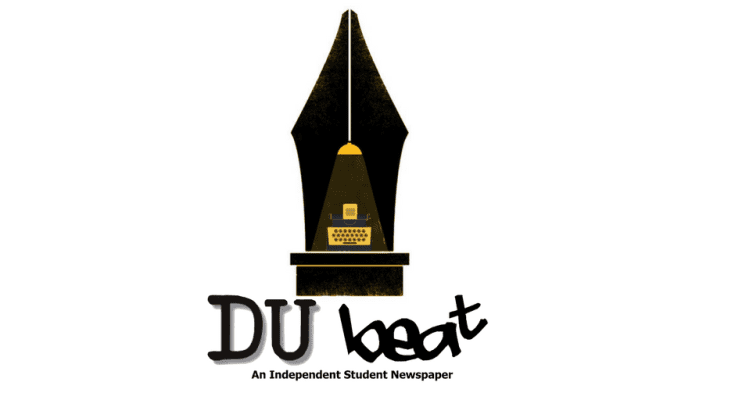The University of Delhi has decided to increase the total number of seats in order to implement the 10% Economically Weaker Sections (quota). The increase in seats will be implemented in two phases- 10% in 2019 and 15% in 2020.
After approval of the provision of reservations for economically weaker section students (EWS) in Central Education Institution, the Delhi University decided to increase the total seats by 25% in two phases- 10% in 2019 and 15% in 2020. The provision for reservations for economically weaker sections has been provided for in the 103rd Constitutional Amendment Act, which provides for the advancement of the “economically weaker sections” of the society.
Earlier, 15% of seats were reserved for SCs, 7.5% for STs, 27% for OBCs, 5% for PWD, 5% for CW category, 5% for Foreign Nationals and 5% for Sports/ECA people.
The increase in seats is to be implemented in order to ensure that the students of the general category are not at a disadvantage because of the increase in total percentage of reserved seats. The seats for MPhil and PhD section of Mathematics, Science, Commerce and Social Science will increase with the enforcement of 10% quota. The seats are likely to be increased by 148 for the reserved categories.
Professor Hansraj Suman, Chairman of Delhi University SC/ST/ OBC said, “Currently 660 seats are sanctioned under MPhil programme, in which 467 aspirants were admitted while 237 seats remained vacant in the previous academic session. In allotted 467 seats, seats allotted for the general candidate- 246, OBC-116, SC-69, ST-36, and PWD – 16 got admission in the previous year. With the enforcement of EWS, seats secured to the general candidates are 338, OBC 182 and SC 101, ST 51, EWS 68 seats.
For the same, the PhD has 800 seats in total in which 500 seats are sanctioned for general candidates, OBC 156, SC 110, ST 34, and PwD 15, whereas with the enforcement of EWS quota, 400 seats are for general candidates, OBC 216, SC 120, ST 60, EWS 80,” as quoted in Millenium Post.
Professor Suman added that the Dean has also informed him that due to the increase of 10 percent EWS seats, a teacher can also appoint researcher as their subordinate research director under the UGC rules. And as per the rules, 8 PhDs and 3 MPhil students can do their research work with a professor, while with associate professor 6 PhDs and 2 MPhil students can do their research work and with an assistant professor, 4 Ph.D. and 1 MPhil.
Abha Dev Habib, a DUTA member told DU Beat, “The last time when there was an increase in number of seats because of a resolution for 27% reservation for OBC students, the University was provided with funds to improve the infrastructure of colleges and to recruit more teachers but the process is still incomplete as formal letters were not issued and the required number of posts were not released. Now, for 10% EWS quota, 25% of total seats are to be increased but no provision for improvement in infrastructure has been provided. This will lead to overcrowded classrooms and in order to impart quality education it is necessary to maintain the required student-teacher ratio.”
She further added, “Around 60-70 percent of the students will be from the reserved categories which make it necessary to give more focus on improving the quality of education and equipping the labs with proper equipment in order to make the degree meaningful for them.”
However, many other changes have also been suggested by the admission committee in order to make the admission procedure simpler and more efficient, which includes developing a mechanism to avoid duplication of registration data. The University has decided to share filled up dummy forms release tutorial videos on its official website to guide students on how to fill the forms. The committee has also decided to finish the admission procedure before the session commences. However, there have been constant delays in releasing of admission forms and it is now confirmed by the Dean of Students Welfare, DU that the forms will be out in the beginning of June.
On the issue of delay in commencement of the admission procedure, Abha Dev Habib said that the delay is because of the new changes that are being made in the process. She went on to add that the introduction of new changes every year is very unsettling and the University should try to get done with the process soon as usually, the admissions go on till September which makes it difficult for the students to put up with the semester system.
On Monday, the Akhil Bharatiya Vidya Parishad (ABVP) submitted a letter to the varsity administration in order to inquire about the delay in the beginning of the admission process. They also urged them to initiate the process quickly and remarked that the delay is worrisome for the students.
Featured Image Credits- The Indian Express
Priya Chauhan
[email protected].








